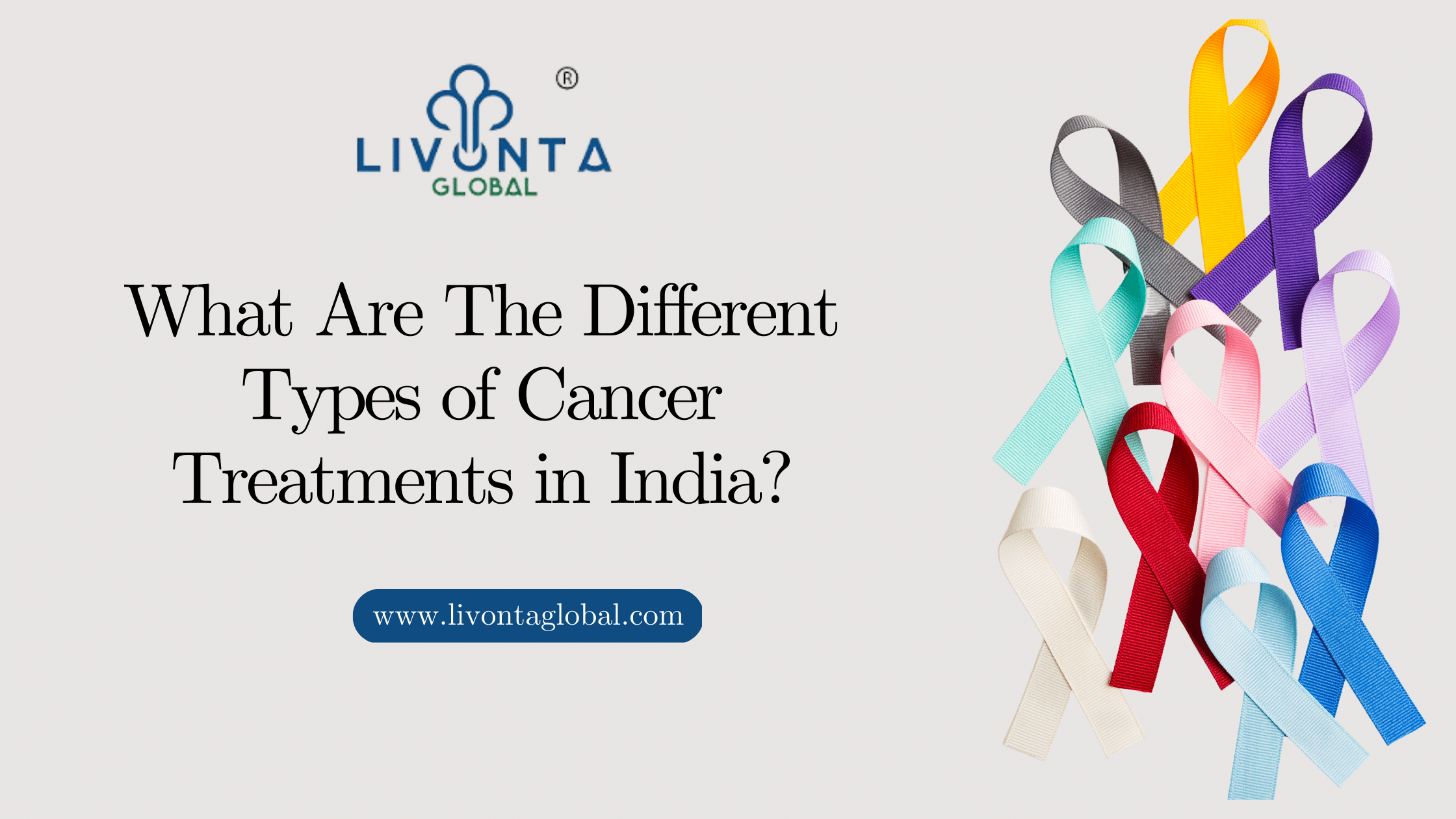
What Are the Different Types of Cancer Treatments in India?
Cancer takes away millions of lives every year. When someone gets cancer, they typically undergo a variety of treatments in an effort to recover. There are numerous treatments available, so it’s critical for cancer patients to understand which ones are most effective for their particular disease kind. When you ask for the best cancer treatment in India, there are numerous sorts of treatments that are offered and each of them aid in the recovery of patients who have this ailment.customflooringconsultants.com
customflooringconsultants.com
ortopedski čevlji z kapico
handschoenen tijgerprint
adidas 白 パーカー
my carry bag myomy
električni sušilec za perilo
geosbau.at
sewingcrew.com
koiran portaat
Let’s have a look at the most common ways of cancer treatment in India –
Radiation Therapy
Therapies for the treatment of cancer come in a wide variety. Radiation therapy, however, has the potential to be quite successful. That’s because it employs radiation at high doses to destroy cells and reduce tumour size. This has been the standard treatment for those with prostate or breast cancer in particular for a while, with tremendous results! External radiation and internal radiation are the two main categories of cancer treatments.
Beam of External Radiation
A type of cancer treatment known as external beam radiation therapy employs strong beams to direct large doses of energy at your tumour. The machine may be enormous and loud, but since the operator can manoeuvre about you while giving treatments from different angles, they may treat more locations in a single session than they normally could with localised radiation alone. Because they have received specialised training to operate these devices, the radiation technicians who use external blast irradiation to treat patients experience less strain than those who use brachytherapy or stereotactic body radiation (SBR).
Internal Radiation Treatment
Placing a radiation source within your body is a component of internal radiation therapy. The most popular kind, brachytherapy, has recently gained attention for its effectiveness in treating cancers that had previously been difficult to access or impossible to remove by surgery alone. Internal radiation therapy can be delivered in a variety of ways, such as by implanting radioactive material as closely as possible to the site where an organ was surgically removed (a procedure known as percutaneous ipsilateral brachial plaque application), or by putting seeds, ribbons, or capsules inside and close to cancerous tissue (a procedure known as interstitial implantation).
Chemotherapy
- Chemotherapy is a sort of drug that slows or stops the cancer cells’ rapid cell division and growth. Chemotherapy is used for:
Contrary to palliative care, treating cancer with the intention of curing it ensures that there is no danger of recurrence. - Alleviate tumor-related symptoms include pain, nausea from chemotherapy medications like cisplatin (a platinum-based treatment), and headaches from blood pressure reductions brought on by tumour shrinkage.
Nevertheless, chemotherapy also causes the death of quickly growing and dividing healthy cells in addition to quickly developing cancer cells. Examples include those in your mouth or intestines, which when chemotherapy is administered intravenously, might result in nausea or ulcers on the inside of your mouth.
Surgery
A cancerous tumour is physically removed from a patient’s body during surgery. For malignancies that are localised to one region, surgery is the primary course of action. It is a local treatment, which means it only addresses the area of your body where the cancer has spread. Leukemia and other cancers that have affected other areas of the human body should not be treated with this method.
The following objectives are often included in surgical cancer treatment;
- Total removal of the tumour
- If the removal of the entire tumour could harm an organ or the body, the tumour may be debulked or only partially removed. Some cancer treatments can be hastened by partially eliminating a tumour, and the strain on other organs is decreased.
Immunotherapy
In essence, immunotherapy or immuno-oncology uses the patient’s own immune system to combat cancer. It is a biological therapy that combats cancer by making use of our immune system’s ability to fend off infections and diseases. Cancer can occasionally evade the immune system’s recognition and elimination by genetically concealing itself, secreting substances that render immune cells inactive, or utilising healthy cells as barriers.
This is where immunotherapy’s specificity is useful. The following immunotherapies can be used to help the immune system eliminate cancer:
- Immune Checkpoint Blockers
- Monoclonal antibodies
- Transfusion-Based T-Cell Treatment
- Modulators of the Immune System

